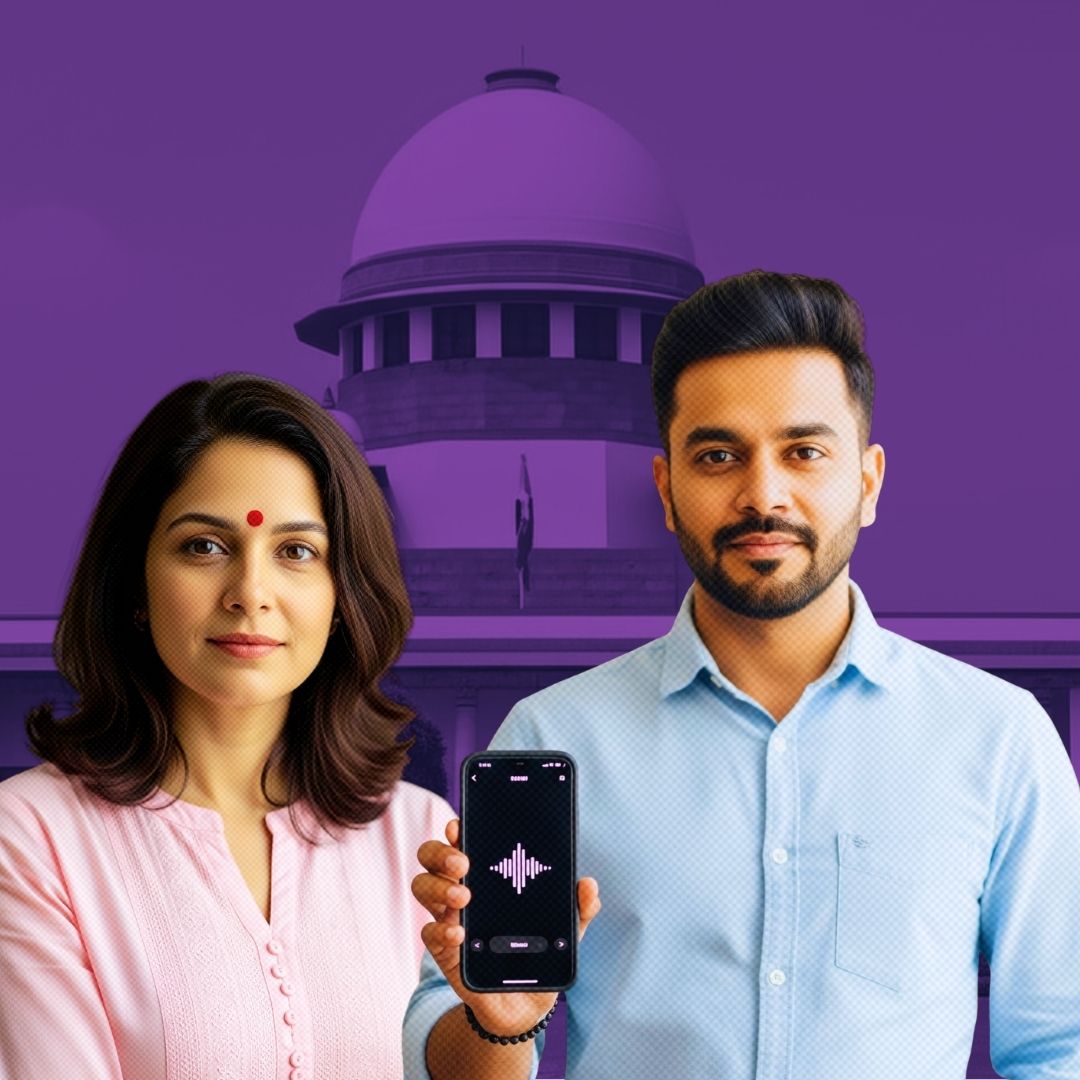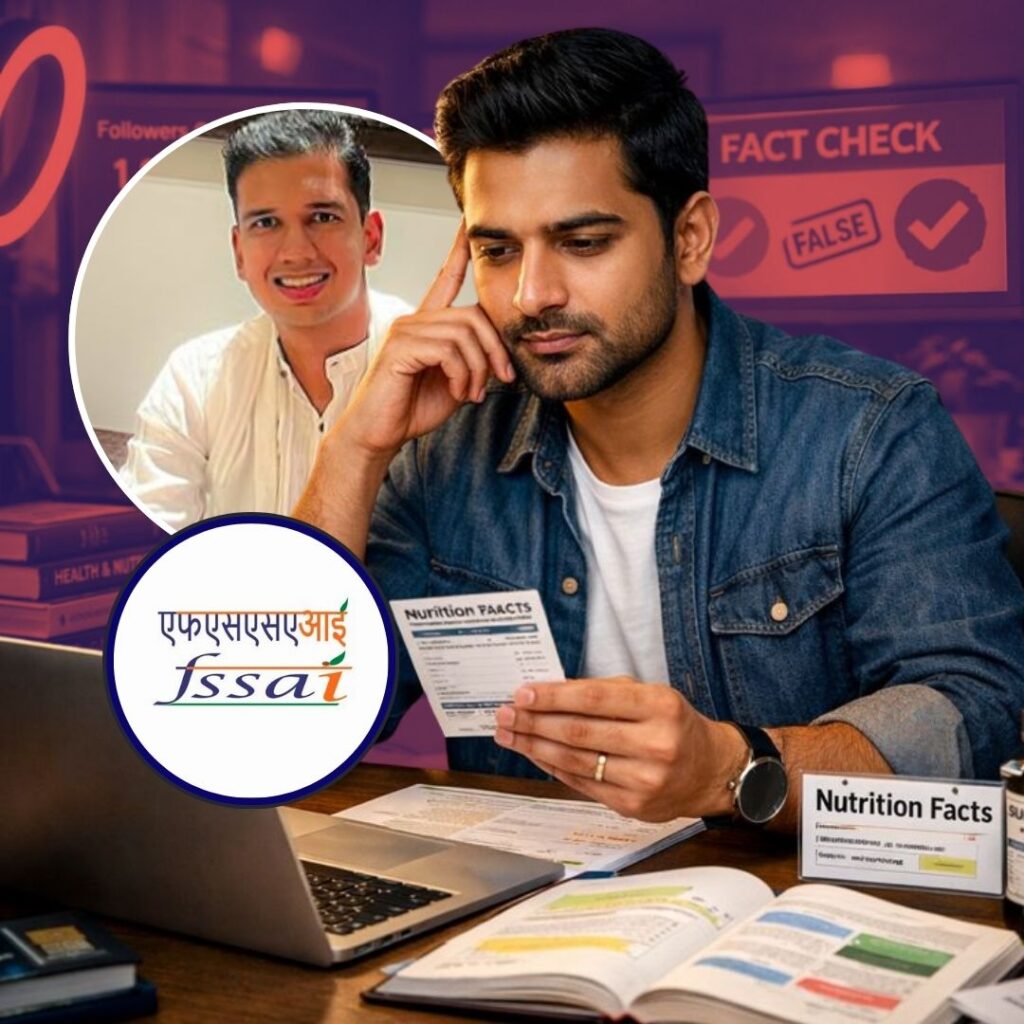The Supreme Court of India has ruled that secretly recorded conversations between spouses are admissible as evidence in matrimonial cases. The court overturned a Punjab and Haryana High Court judgment that had barred such recordings on grounds of privacy violation.
The bench, comprising Justices BV Nagarathna and Satish Chandra Sharma, stated that the act of spouses recording each other signals a broken marriage and reflects a lack of trust, which itself is evidence of marital discord. This ruling clarifies the legal position on the use of modern technology in family disputes.
Supreme Court Clarifies Admissibility of Secret Recordings in Matrimonial Disputes
In a landmark judgment delivered on July 14, 2025, the Supreme Court set aside the Punjab and Haryana High Court’s ruling that had excluded secretly recorded phone conversations between spouses from evidence, citing breach of privacy.
Justice BV Nagarathna observed, “If the marriage has reached a stage where spouses are actively snooping on each other, that is in itself a symptom of a broken relationship and denotes a lack of trust between them.”
The bench emphasised that Section 122 of the Indian Evidence Act, which generally protects marital communications from disclosure, contains exceptions allowing such evidence in legal proceedings between spouses. The court restored the family court’s order permitting the husband to use recordings to support his claim of cruelty, subject to verification of authenticity.
Background: Privacy, Evidence, and Marital Discord in Legal Context
The case originated in a Bathinda family court where the husband submitted CDs containing secretly recorded phone calls with his wife to prove cruelty under Section 13 of the Hindu Marriage Act, 1955. The family court admitted the recordings, but the wife challenged this in the High Court, arguing the recordings violated her fundamental right to privacy.
The High Court agreed, barring the evidence. The Supreme Court’s ruling overturns this, balancing the right to privacy with the fundamental right to a fair trial under Article 21 of the Constitution. The court referenced the landmark 2017 K.S. Puttaswamy judgment recognising privacy as a fundamental right but clarified that privacy cannot be used to block valid evidence in matrimonial disputes.
The Logical Indian’s Perspective
While the Supreme Court’s ruling reflects a pragmatic approach to evidence in modern matrimonial cases, The Logical Indian stresses that secret recordings reveal deeper issues of mistrust and communication breakdown in marriages.
We believe that fostering open dialogue, empathy, and counselling remains essential to resolving conflicts before they escalate into legal battles. Technology should not replace trust but serve as a last resort in seeking justice.












